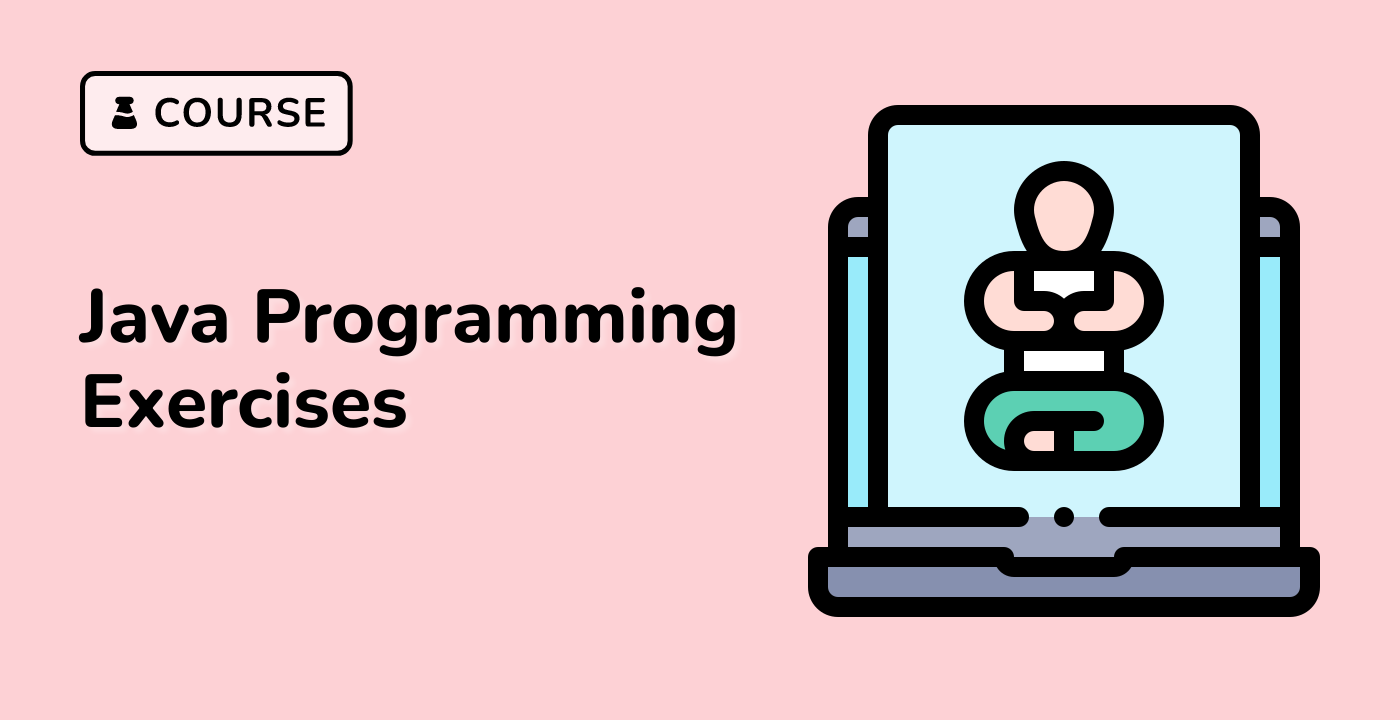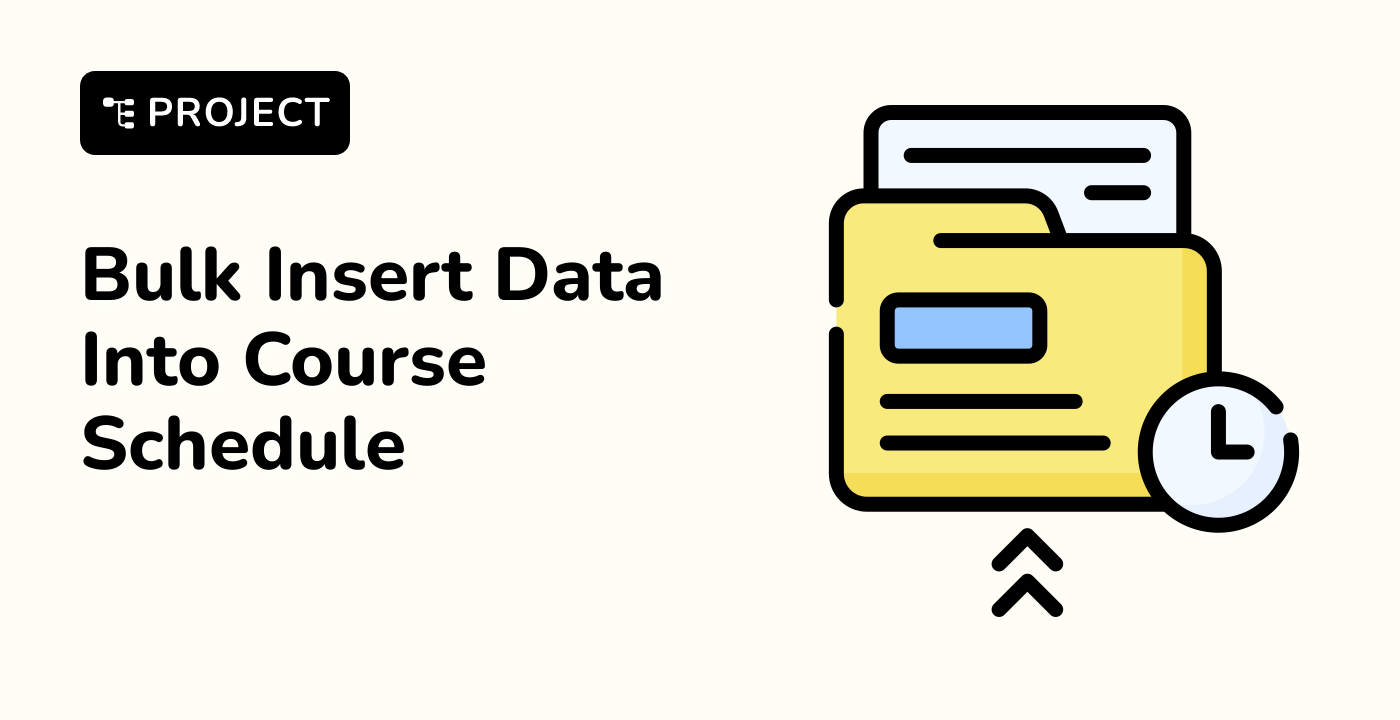Practical Floating-Point Tips
Handling Floating-Point Calculations
1. Rounding Strategies
public class RoundingDemo {
public static void main(String[] args) {
double value = 3.14159;
// Different rounding methods
System.out.println("Math.round(): " + Math.round(value));
System.out.println("Math.ceil(): " + Math.ceil(value));
System.out.println("Math.floor(): " + Math.floor(value));
// Decimal place rounding
System.out.printf("Two decimal places: %.2f%n", value);
}
}
Avoiding Accumulation Errors
graph TD
A[Floating-Point Calculation] --> B{Potential Error?}
B -->|Yes| C[Use Compensation Techniques]
B -->|No| D[Proceed Normally]
C --> E[Kahan Summation Algorithm]
C --> F[Compensated Summation]
2. Precise Summation Technique
public class AccurateSummationDemo {
public static double kahanSum(double[] numbers) {
double sum = 0.0;
double c = 0.0;
for (double number : numbers) {
double y = number - c;
double t = sum + y;
c = (t - sum) - y;
sum = t;
}
return sum;
}
public static void main(String[] args) {
double[] values = {0.1, 0.2, 0.3, 0.4, 0.5};
System.out.println("Accurate Sum: " + kahanSum(values));
}
}
Floating-Point Best Practices
| Practice |
Description |
Recommendation |
| Avoid Repeated Calculations |
Minimize error accumulation |
Use intermediate variables |
| Use Appropriate Precision |
Choose float/double wisely |
Consider calculation needs |
| Handle Special Values |
Check for NaN, Infinity |
Implement explicit checks |
3. Special Value Handling
public class FloatingPointSpecialValuesDemo {
public static void main(String[] args) {
double a = Double.NaN;
double b = Double.POSITIVE_INFINITY;
// Checking special values
System.out.println("Is NaN: " + Double.isNaN(a));
System.out.println("Is Infinite: " + Double.isInfinite(b));
// Safe comparison
if (Double.compare(a, b) != 0) {
System.out.println("Values are different");
}
}
}
- Minimize floating-point operations
- Use primitive types when possible
- Consider fixed-point arithmetic for financial calculations
In LabEx programming environments, these tips help developers write more robust and accurate numerical code.




